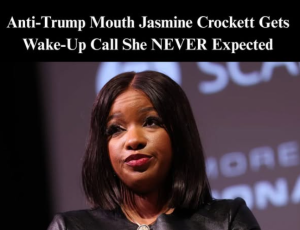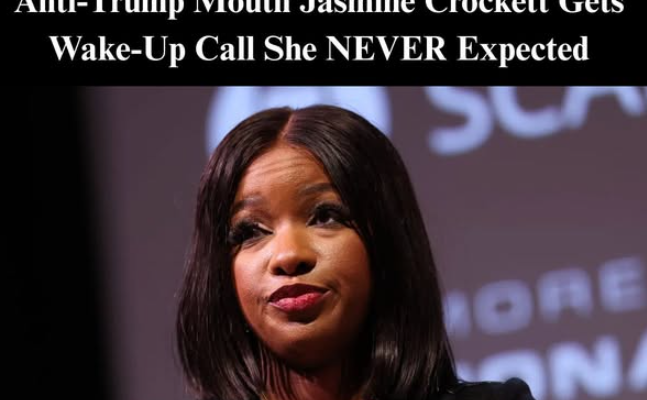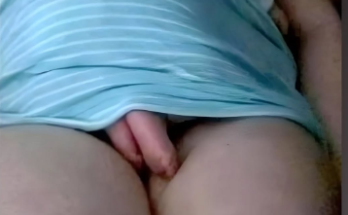In today’s political arena, personalities often shine just as much as policies, and Representative Jasmine Crockett has once again proven that she is not afraid of the spotlight. Following the release of a damning report that cast her under scrutiny, the Democratic lawmaker turned what could have been a damaging moment into a declaration of self-confidence. Rather than retreat quietly into the background, Crockett embraced the controversy and, in her own words, leaned into her “diva” persona.
Her reaction stirred conversation on Capitol Hill and beyond, as critics accused her of being flippant about serious allegations, while supporters admired her boldness in refusing to bow to political pressure. The episode has become yet another flashpoint in the ongoing discussion of how women in politics are judged—often by different standards than their male counterparts—and how a new generation of leaders is navigating scandal, criticism, and media narratives.
The Report That Sparked the Firestorm
The controversy began when an investigative report surfaced, alleging questionable practices surrounding Crockett’s office management and campaign activities. Though the findings did not accuse her of outright corruption, the language used suggested missteps that opponents were quick to seize upon. According to the report, there were concerns about staff turnover, handling of funds, and her approach to collaboration with colleagues across the aisle. For any member of Congress, such revelations can be politically damaging, as they fuel attack ads, weaken credibility, and provide ammunition for rivals.
Yet Crockett did not respond in the measured, apologetic way that some expected. Instead, she framed the report as an exaggerated attempt to undercut her rising influence. She brushed aside the criticisms and seized the opportunity to reshape the narrative. Rather than appearing rattled, she styled herself as resilient, outspoken, and unbothered—qualities she tied directly to what she called her “diva energy.”
The ‘Diva’ Declaration
Crockett’s decision to label herself a “diva” was not accidental. In a televised interview, she leaned into the word, saying that if demanding respect, refusing to be silenced, and commanding attention in a male-dominated environment made her a diva, then she was proud to wear the title. The remark sparked immediate debate.
For some, the word conjured stereotypes of arrogance, selfishness, or being difficult to work with. Her political adversaries wasted no time painting her statement as proof of an inflated ego and a lack of seriousness about governance. They argued that voters wanted problem solvers, not celebrities cultivating a dramatic image.
But her supporters saw it differently. To them, Crockett’s “diva” status was less about vanity and more about unapologetic self-assurance. The reclamation of the term fit neatly into a broader cultural shift, in which women, particularly women of color, push back against negative labels and stereotypes by embracing them with pride. By calling herself a diva, Crockett signaled to her base that she would not cower before critics who, in her view, used coded language to dismiss her strength.
A Calculated Risk in Image Politics
Crockett’s embrace of the “diva” identity reflects a savvy understanding of modern politics. In the age of viral clips, social media soundbites, and 24-hour news cycles, personality often trumps policy when it comes to shaping public perception. By leaning into controversy, Crockett ensured that her name remained in headlines, not as a passive subject of scandal but as an active player shaping the narrative.
Political strategists have long noted that for certain figures, leaning into criticism can transform a potential liability into a rallying cry. Former President Donald Trump did this with terms like “deplorables” and “fake news,” using insults against him as fuel for political branding. Crockett’s move mirrors this approach, albeit in a different political lane. By saying, “Yes, I am a diva,” she effectively flipped the script, making the accusation a badge of honor rather than a scarlet letter.
Reactions Across the Political Spectrum
Reactions to Crockett’s declaration were swift and polarized. Conservative commentators derided her comments as unserious, claiming that she was trivializing governance by turning politics into a stage for personal theatrics. One critic remarked that Crockett seemed more interested in being a “reality TV star” than a legislator, pointing to her history of fiery exchanges in hearings and her willingness to call out opponents with sharp, unfiltered language.
Progressives, however, largely rallied around her. On social media, hashtags praising her unapologetic stance trended for hours, with supporters posting messages about women reclaiming their power and refusing to be shamed into silence. Activists pointed out that male politicians who display aggression or dominance are often celebrated as strong leaders, while women who exhibit similar behavior are branded as “divas” or “difficult.” Crockett’s move to embrace the label, they argued, exposed this double standard and transformed it into a weapon of empowerment.
The Gender and Racial Undercurrents
The debate surrounding Crockett’s “diva” status cannot be separated from the broader context of gender and race in American politics. As a Black woman in Congress, she faces challenges that her white and male colleagues do not. From the tone of her voice to her clothing choices, every aspect of her presentation is scrutinized under a harsher lens. What might be considered confidence in a man is often labeled arrogance in a woman, and what might be considered passion in a white colleague can be dismissed as hostility when expressed by a person of color.
Crockett’s decision to own the “diva” label is, therefore, more than a personal quirk—it’s a political act. It signals that she refuses to shrink herself to fit into a mold designed by those who would rather see her diminished. For many of her constituents and admirers, that refusal resonates deeply.
What This Means for Her Political Future
Whether Crockett’s gamble will pay off remains to be seen. Politics is unpredictable, and while bold moves can rally a base, they can also alienate moderate voters who prefer a more restrained approach. By embracing the diva identity, Crockett risks being caricatured as flamboyant or unserious, potentially giving her opponents ammunition in future campaigns.
On the other hand, her base thrives on her fiery personality and sees her outspokenness as proof that she is fighting for them without apology. In an era when authenticity is prized over polished political doublespeak, Crockett’s willingness to stand firm—even defiantly—could bolster her brand and cement her as a rising star in progressive politics.
Conclusion
Jasmine Crockett’s embrace of her “diva” status after a damning report illustrates the evolving landscape of political image-making. What once might have been viewed as a career-threatening scandal has instead become an opportunity for reinvention. By leaning into a term that is often weaponized against women, Crockett has positioned herself as both defiant and authentic, turning criticism into a rallying cry.
Whether this strategy secures her long-term success or backfires spectacularly will depend on how voters interpret her boldness. But one thing is certain: in a political environment often dominated by caution and scripted responses, Crockett’s unapologetic embrace of her persona ensures that she will not be forgotten. To her critics, she may be a diva in the worst sense of the word. To her supporters, she is a diva in the best sense—unafraid, unstoppable, and unwilling to bow to anyone’s expectations.


